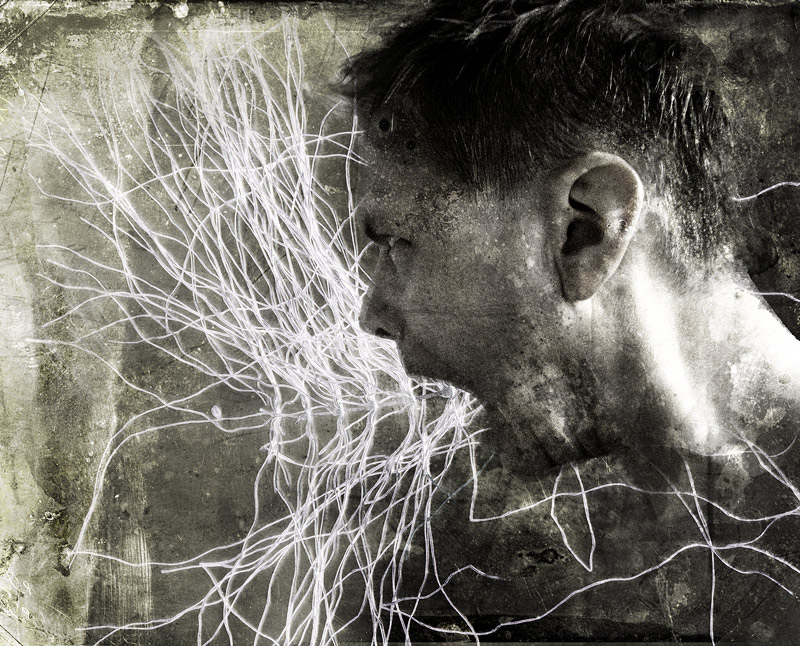
“Those are burns?”
“Why would you do that?”
“You don’t just go and burn yourself. What were you thinking?”
From any parent’s perspective, this situation would be extremely difficult. A child chooses to cut, hit, burn, or somehow intentionally hurt herself. It’s disturbing and confusing. Questions fire through your mind as you struggle to understand how this could be possible. You wrestle to recover, but the jab of those initial raw emotions spill out.
Like any parent, you hope your children won’t turn to self-injury. Can you prevent it? Or if a child is already involved in self-injury, can you change its course?
Possibly.
Can you at least make a difference?
Definitely.
You can nurture an atmosphere of relationship, conversation, openness, and safety. You can convey you are someone they can confidently go to with her deepest thoughts, hurts, fears, and anxieties.
To begin:
1. Watch for ways you can model how to cope through challenging circumstances.
2. Mend the relationship as soon as possible when you’ve responded in a quick or hurtful way.
3. Daily encourage and value your child’s expression of thoughts and emotions.
4. Listen well, with compassion and without judgment.
5. Be patient and let their story unfold without asking why.
6. Realize she/he might not tell you everything at once, and be okay with that.
7. Keep your own emotions in check and, if necessary, communicate thoughts later after you’ve had time to think things through.
8. Be trustworthy in how you handle information shared in confidence.
9. Involve her/him in the decision when you need to bring professionals or others into the situation (for depression, anxiety, or possible serious emotional disorders).
10. Remove your child from abusive situations and environments.
Children struggling would feel encouraged by an open, warm response. Instead of despair cloaking their days, they might begin to feel hope. They no longer have to feel trapped or alone or stuck in the cycle of self-injury. As they open up, talk and connect with family or the community, they’ll become aware they are moving toward healthy ways to cope. A day without self-injury will feel possible. Then a year, then a life.
It’s a process. It takes time.
And, more importantly, it takes you.














 Source
Source

































